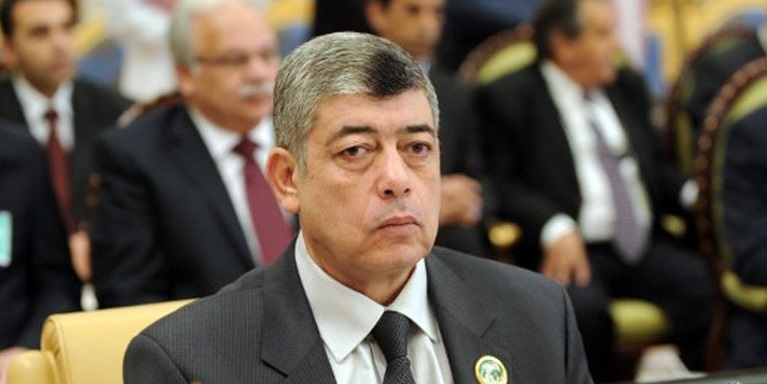Some writers dedicated their op-eds to follow into the footsteps of recent escalation by Egypt’s State Information Service against the BBC network over a report on detention, torture, and enforced disappearances.
Al-Youm Al-Sabea Managing Editor Akram Al-Qasas believed that reporters did not make attempts to complete the story by reaching for further sources. Moreover, he stated it was not the first incident of false information the BBC published about Egypt, such as the EgyptAir plane crash of the flight from Paris, the number of police deaths in Al-Wahat shootout, as well as alleged Israeli Air Force interference in Sinai. Al-Qasas wrote on alleged arrangements between American and British networks on one side, and Qatar on the other, affecting their credibility towards Egypt.
In Al-Masry Al-Youm, Hamdy Rizk said the Egyptian elite will “continue to pressure the BBC to correct its path and reconsider reports that took the Muslim Brotherhood as a reference,” overlooking professional quality. He further wrote about an Egyptian actor named Nabil El-Halafawy reportedly refusing repeated attempts by the BBC to interview him over “repeated lies and failed fabrications.”
On tense relations between Egypt and Turkey, especially in light of the Turkish president’s visit to Africa, Al-Ahram’s Morsi Atallah wrote a piece titled “Why is Erdogan hostile to us?” where he argued that the main reason continued to be the downfall of the Muslim Brotherhood and, along with that, his dreams for a caliphate in the region. He added that Erdogan’s presence in Africa is another “delusional” attempt to surround Egypt on its continent, as he tried before to undermine relations with Sudan.
From a different perspective, Mai Azzam, in Al-Masry Al-Youm, wrote that Egyptian diplomacy previously sat on the table for long negotiations with Israel, which resulted in a peace agreement standing until now, wondering why the same cannot happen with Turkey and Iran, which he said have become undeniable parts of the future regional map.
Meanwhile, Al-Shorouk Editor-in-Chief Emad El-Din Hussein commented on the extension of the deadline of operation Sinai 2018, saying that fighting terrorism needs strategies rather than deadlines as it is not easy but also not impossible, noting that there are other regional variables affecting the power of those groups which Egypt cannot completely control.
On a different note, Al-Masry Al-Youm’s Osama Gharib tackled sexual harassment in light of a recently issued verdict sentencing a man to three years in jail. A video showed the man harassing a woman in the street as she started fighting with him. Gharib wanted to address a common phenomenon where people on the street would take the harasser’s side or try and prevent the victim from pursuing legal rights. The men who do this, according to him, are sexual offenders themselves and so defending one of their own, while the women who take that side know that their family members commit the same crime and so fear to see them similarly prosecuted.



